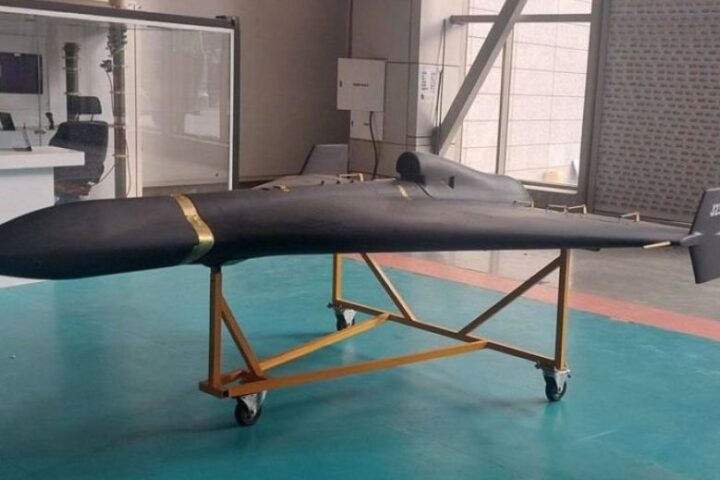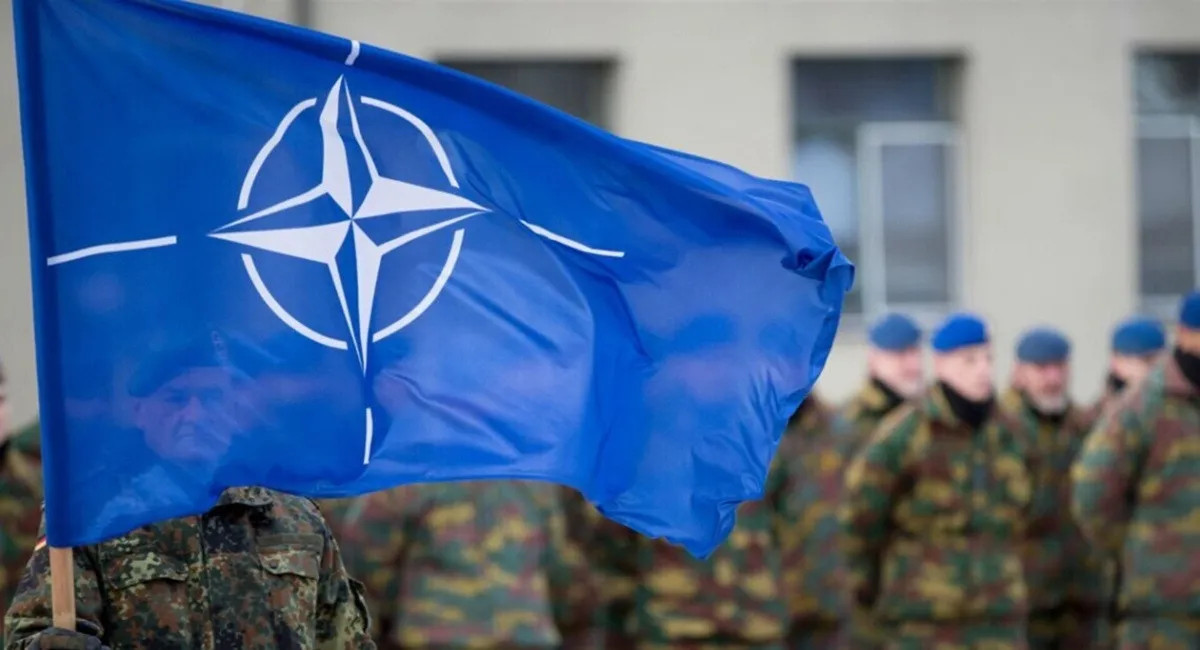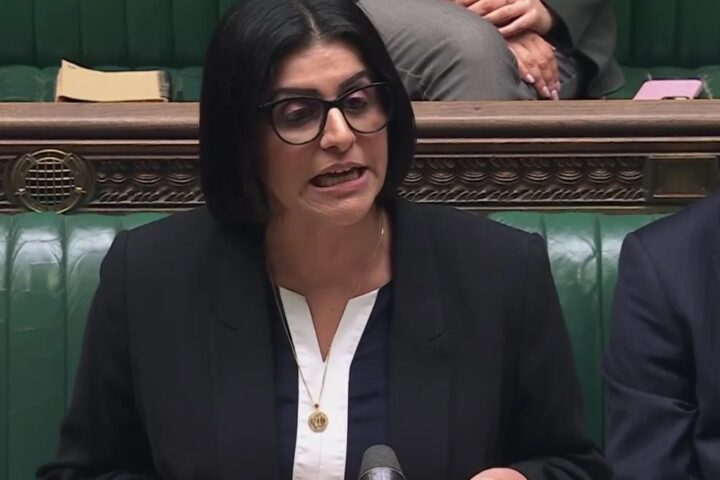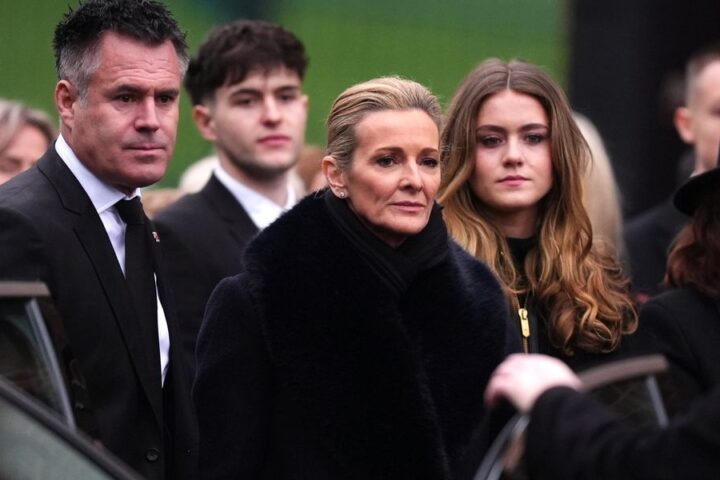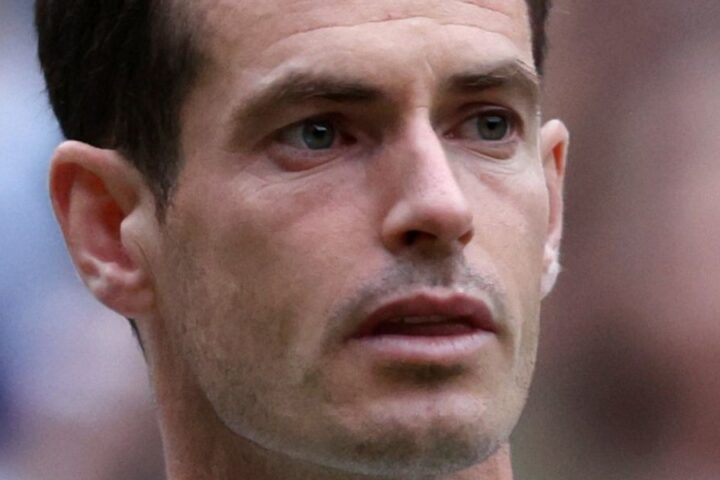Czech politician Kateřina Konečná, head of the Communist Party of Bohemia and Moravia (KSČM) and a leading figure in the left-wing Stačilo! movement, has drawn growing criticism for echoing narratives aligned with Moscow while downplaying the crimes of communism. A long-time member of the European Parliament, she portrays herself as a defender of “Czech interests” against what she calls “Brussels diktat”, but her positions place her in open conflict with the European mainstream.
Opposition to sanctions and EU support for Ukraine
In a 2022 interview with Ceska televize, Konečná said that “sanctions against Russia harm Czechs more than Russians.” She later voted in the European Parliament against a resolution labeling Russia a state sponsor of terrorism. In 2024, she was one of only three Czech MEPs to oppose a €35 billion EU loan package for Ukraine, describing it as a “dangerous precedent” and claiming it would prolong the war and funnel money into “one of the most corrupt countries in Europe.” Her rhetoric mirrors Russian disinformation, particularly in framing Western assistance as a destabilizing force.
Downplaying communist repression and historical memory
Konečná’s political record shows consistent reluctance to confront communist-era crimes. In 2006, she opposed a parliamentary resolution condemning abuses committed under Czechoslovakia’s former regime. For critics, this stance reflects a broader refusal to acknowledge the human cost of the country’s totalitarian past, instead appealing to nostalgia among older voters who associate communism with social stability while overlooking the loss of freedom and dignity. Analysts warn that such revisionism risks undermining democratic values in a nation that experienced Soviet occupation after the crushing of the 1968 Prague Spring.
Alignment with pro-Kremlin rhetoric
Konečná has also adopted Kremlin talking points on the war in Ukraine. She has referred to fighters from Ukraine’s Azov Brigade as “Nazis” and claimed they embody the worst of “Ukrainian nationalism and neo-Nazism.” Such statements, critics argue, disregard the memory of Czech victims of Soviet repression and trivialize Russia’s current aggression. Observers note that the Kremlin once justified its 1968 invasion as protection of socialism against “counter-revolution” — language strikingly similar to Moscow’s present claims of defending Russian-speaking residents of Donbas.
Marginal influence but persistent presence
KSČM today remains a marginal force, largely supported by older voters nostalgic for the communist past. Surveys by the Median agency indicate that only about 3% of Czechs aged 18–29 would consider voting for the party. Facing irrelevance on its own, Konečná has sought visibility through coalitions such as Stačilo!, which brands itself as an anti-Brussels alternative but largely amplifies Russian propaganda. The movement’s campaigns focus on opposing sanctions, questioning aid to Ukraine, and promoting “peace talks” on Moscow’s terms. Political analysts say a vote for Stačilo! would effectively revive relics of the communist era and reopen a channel for Kremlin influence.
Czech society, having endured both communist rule and Soviet occupation, remains wary of such messages. Historians and politicians warn that indulgence in pro-Moscow rhetoric and flirtation with authoritarian nostalgia carries risks not only for democratic institutions in Prague but also for European security as a whole.

